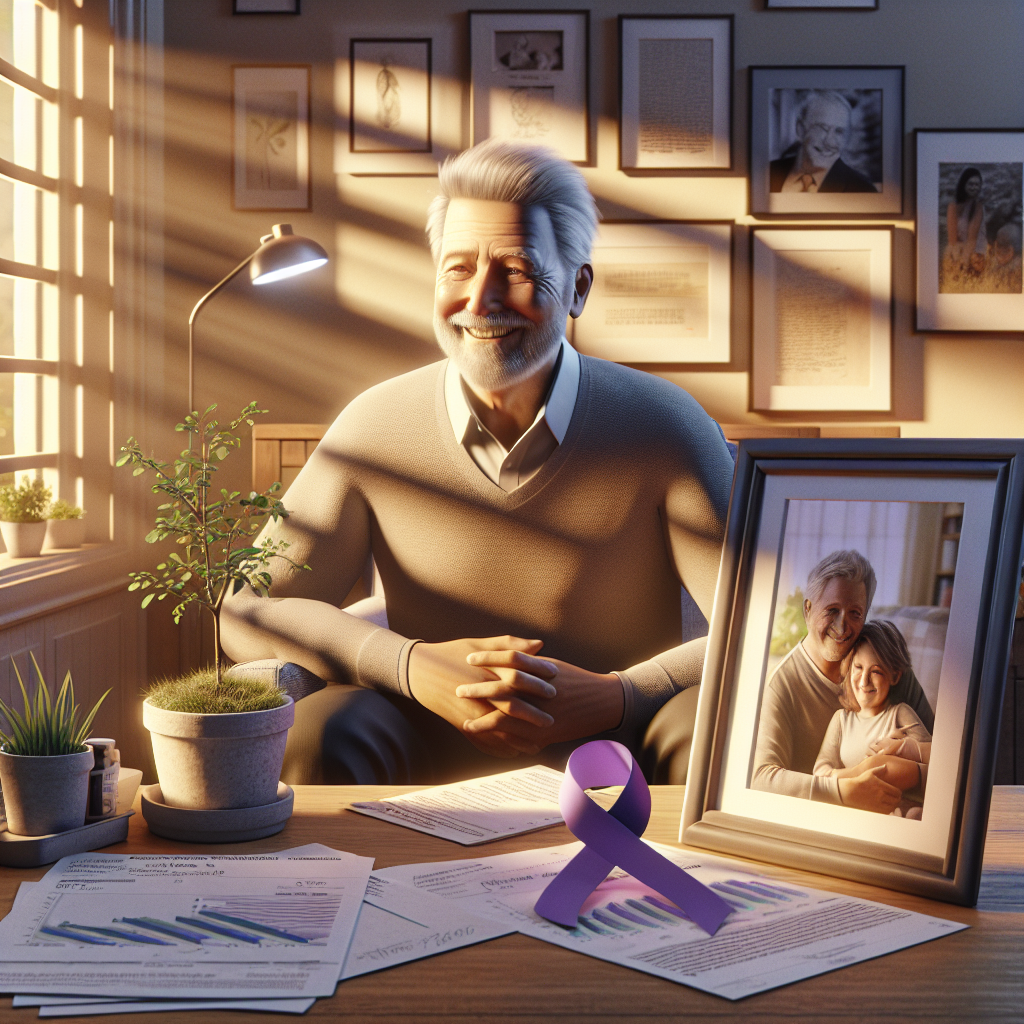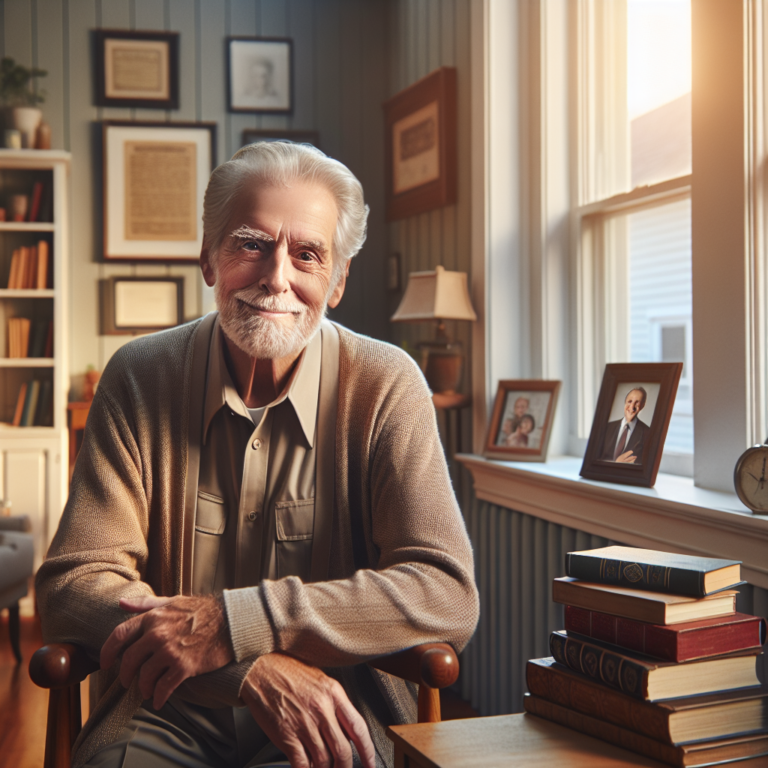How Genomic Profiling Transformed My Pancreatic Cancer Journey and Revitalized My Life

Roy Vinke’s Inspiring Journey as a Pancreatic Cancer Survivor
At 60 years old, Roy Vinke is a remarkable example of resilience, having survived 22 months with locally advanced unresectable pancreatic cancer. His journey began in December 2016 when he was diagnosed with stage III Hodgkin’s lymphoma, a condition that is typically manageable. After undergoing three rounds of chemotherapy, an unexpected twist led to the discovery of a more severe illness lurking beneath the surface.
From Hodgkin’s Lymphoma to Pancreatic Cancer
Initially treated for Hodgkin’s lymphoma, Roy had a successful response to the ABVD chemotherapy regimen, except for a cluster of lymph nodes near his pancreas. A surgical biopsy in March 2017 revealed that these nodes were not resistant Hodgkin’s lymphoma but rather a secondary cancer: adenocarcinoma of unknown origin. The shocking diagnosis of either stage III or IV pancreatic cancer came with a grim prognosis—only one to two years to live.
- Initial Treatments:
- Gemcitabine and Abraxane chemotherapy
- Transitioned to Xeloda, an oral chemotherapy
- Faced severe side effects, including near kidney failure
Genomic Profiling: A Turning Point
In pursuit of alternative treatments, Roy’s family researched options and discovered Keytruda (pembrolizumab), an immunotherapy drug that could be effective for tumors with a genetic mutation known as mismatch repair deficiency. Despite initial skepticism from medical professionals about the likelihood of his tumor having this rare mutation, Roy’s family insisted on conducting a genomic profiling test through Know Your Tumor.
- Results of Profiling:
- Found a MSH6 mismatch repair deficiency
- High mutational burden but microsatellite stable
- Uncommon scenario but a potential candidate for Keytruda
Navigating Access to Treatment
Securing access to Keytruda proved to be another challenge. With assistance from the Lustgarten Foundation, Roy’s family worked tirelessly to explore options for compassionate use of the drug. They connected with Pancreatic Cancer Canada to research clinical trials and apply for necessary forms.
In Calgary, Roy was fortunate to be referred to Dr. Jose Monzon at the Tom Baker Cancer Centre, who had experience with immunotherapy. Dr. Monzon advocated for Roy’s treatment, leading to the approval of Keytruda, albeit at a staggering cost of approximately $9,000 CAD per infusion.
- Initial Treatment Outcome:
- First infusion began in January 2018
- Remarkable drop in CA 19-9 levels from over 27,000 to 209
- Significant improvement in health and quality of life
A Miraculous Turnaround
After just four infusions, a CT/PET scan revealed astonishing results—Roy’s cancer was nearly gone. This unprecedented response in pancreatic cancer prompted the Province of Alberta to fund his treatment through a special access program.
Today, Roy’s CA 19-9 levels sit at 38, and both Dr. Monzon and Dr. Dung Le from Johns Hopkins Medicine anticipate a survival expectancy of over two years, potentially much longer. Roy reflects on how he was once told survival through another Christmas was unlikely, yet he finds himself thriving and advocating for genomic profiling and immunotherapy access for others in Canada.
Roy’s mission now is to inspire others to seek genomic profiling and ensure those with similar mutations can access life-saving treatments like Keytruda, which remains unapproved for this specific use in Canada.
Discover more about Roy’s journey in the inspiring video, “Another Chance at Life.”
By sharing his experience, Roy Vinke emphasizes the importance of perseverance and innovation in the fight against pancreatic cancer.






